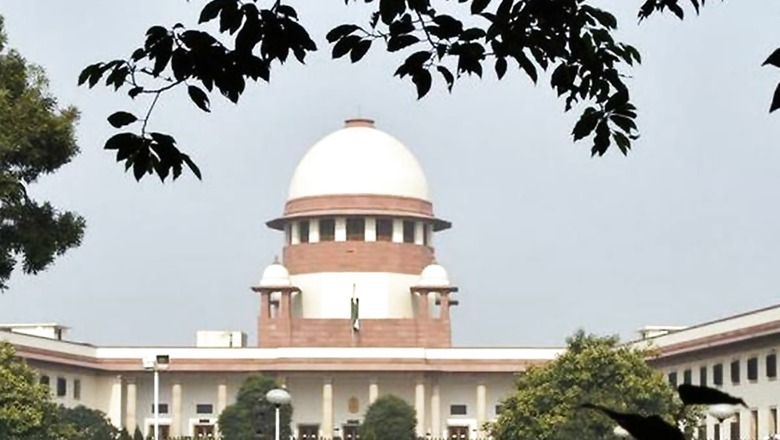
views
The Supreme Court Wednesday laid down guidelines for interim compensation and quantum of maintenance in matrimonial cases to ensure uniformity and consistency in practice adopted by different courts. A bench of Justices Indu Malhotra and R Subhash Reddy said directions are required to be passed to overcome the issue of overlapping jurisdiction and avoid conflicting orders.
The apex court issued guidelines on aspects of – Issue of overlapping jurisdiction, payment of interim maintenance, criteria for determining the quantum of maintenance, date from which maintenance is to be awarded and Enforcement / Execution of orders of maintenance. On overlapping jurisdiction, the top court directed that where successive claims for maintenance are made by a party under different statutes, the court would consider an adjustment or set off of the amount awarded in the previous proceeding/s while determining whether any further amount is to be awarded in the subsequent proceeding.
“It is made mandatory for the applicant to disclose the previous proceeding and the orders passed therein, in the subsequent proceeding. If the order passed in the previous proceeding/s requires any modification or variation, it would be required to be done in the same proceeding,” the bench said. The bench directed that to avoid conflicting orders in a subsequent maintenance proceeding, the applicant shall disclose the previous maintenance proceeding, and the orders passed therein.
“If the order passed in the previous proceeding requires any modification or variation, the party would be required to move the concerned court in the previous proceeding,” the bench said. On payment of interim maintenance, the apex court ruled that an affidavit of disclosure of assets and liabilities annexed to the judgment should be filed by both parties in all maintenance proceedings, including pending proceedings before the concerned family courts, district courts or magistrate courts throughout the country.
On the aspect of criteria for determining quantum of maintenance, the bench said that the concerned court shall consider the criteria enumerated in the judgment. The apex court made it clear that the aforesaid factors are however not exhaustive, and the concerned Court may exercise its discretion to consider any other factor/s which may be necessary or of relevance in the facts and circumstances of a case. With regard to date from which maintenance is to be awarded, the top court said that in all cases it will be awarded from the date of filing the application.
The order or decree of maintenance may be enforced like a decree of a civil court, through the provisions which are available for enforcing a money decree, including civil detention, attachment of property and the like as provided by various provisions of the Code of Civil Procedure, the apex court said. “A copy of this judgment be communicated by the Secretary General of this Court, to the Registrars of all High Courts, who would in turn circulate it to all the District Courts in the States. It shall be displayed on the website of all District Courts/ Family Courts / Courts of Judicial Magistrates for awareness and implementation,” the bench said.
The top court pronounced its judgment in a matrimonial case from Maharashtra in which the question of maintenance of a wife and son under Section 125 of the Code of Criminal Procedure (CrPC) had come before it. It had earlier appointed senior advocates Gopal Sankaranarayanan and Anitha Shenoy as amicus curiae to assist it in framing guidelines on payment of interim maintenance.
Read all the Latest News, Breaking News and Coronavirus News here










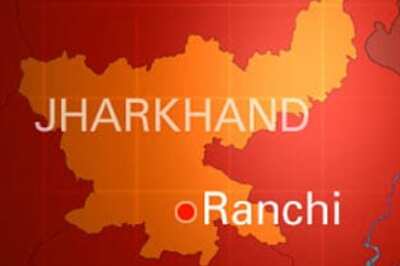



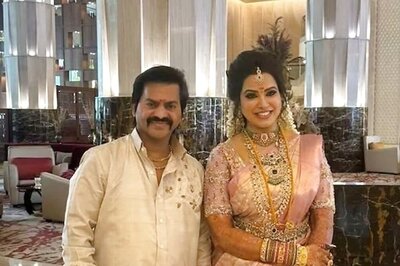

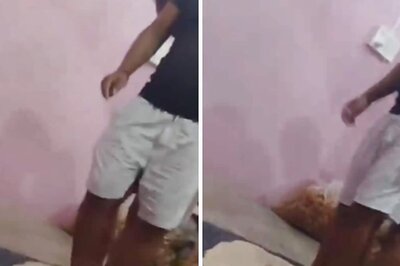
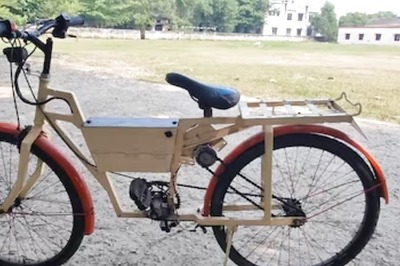
Comments
0 comment